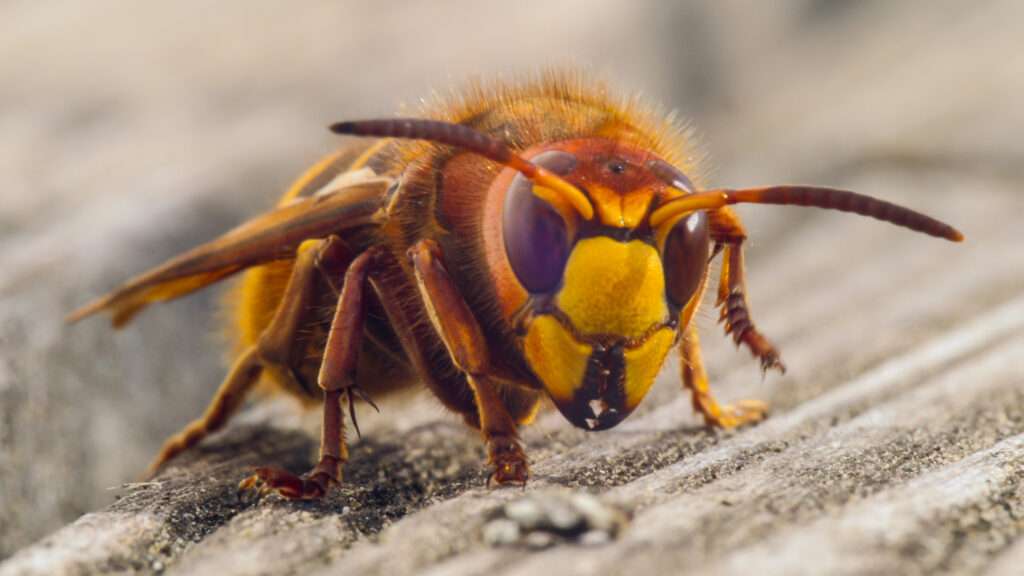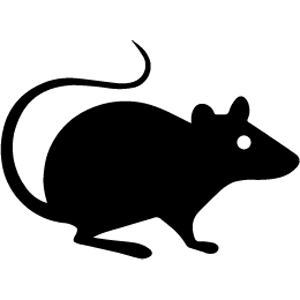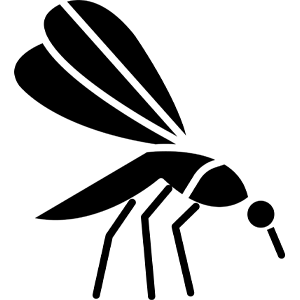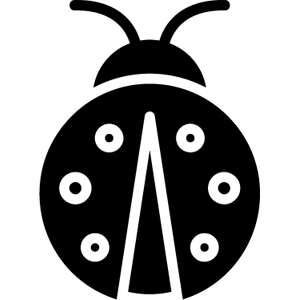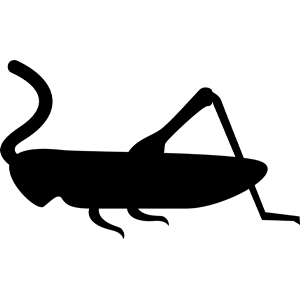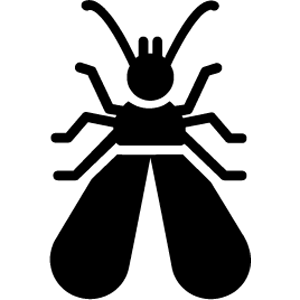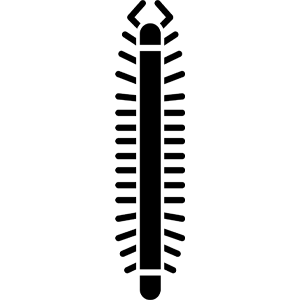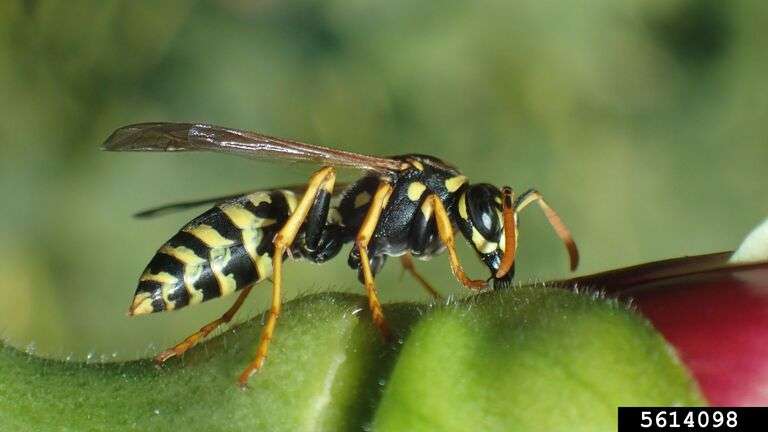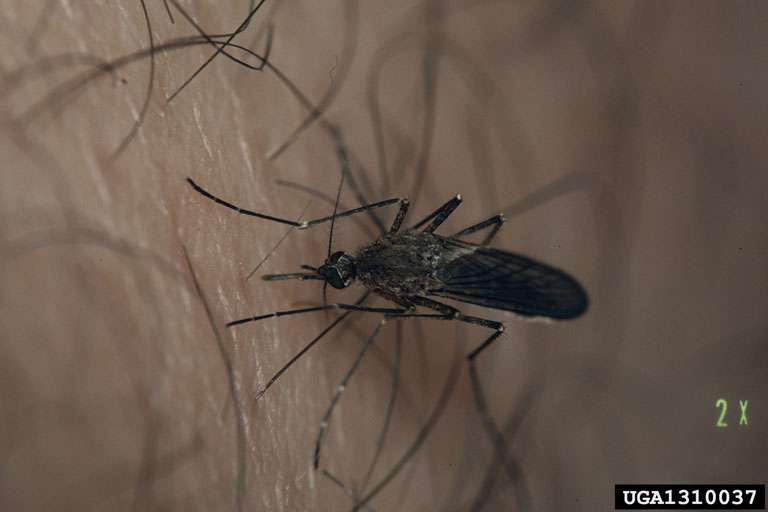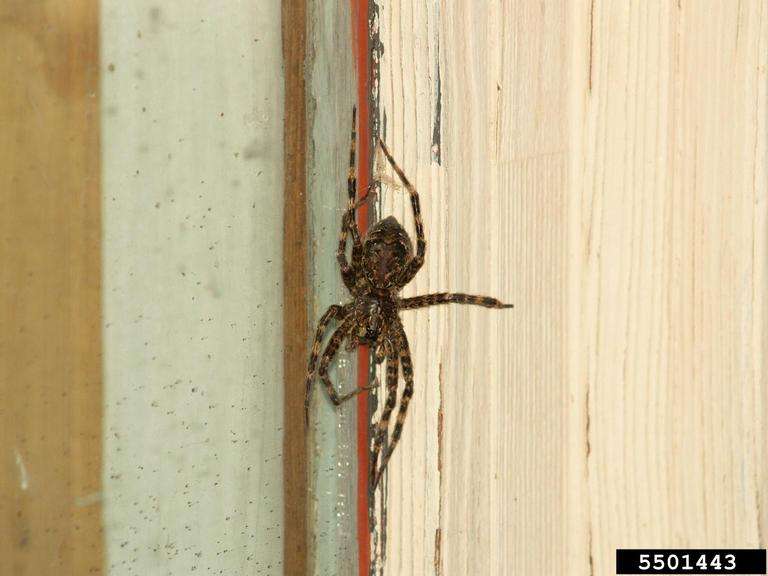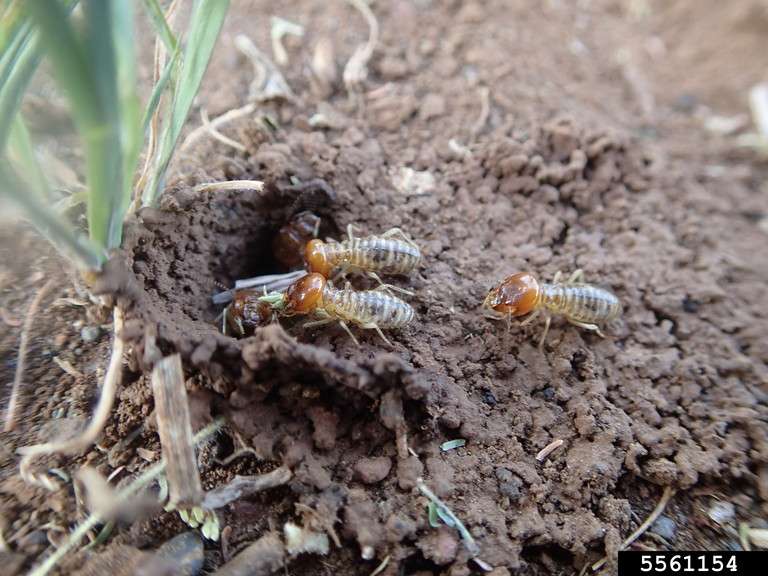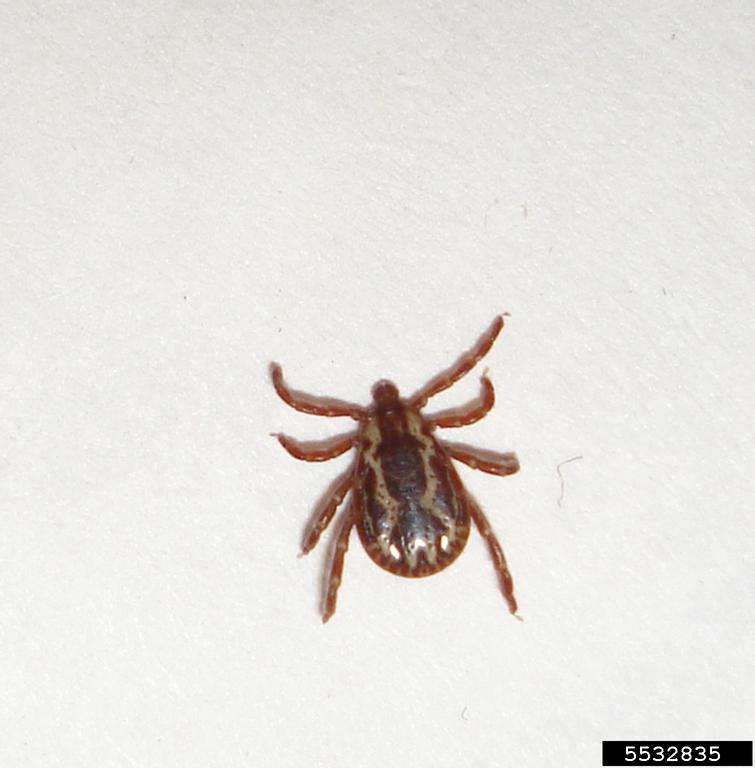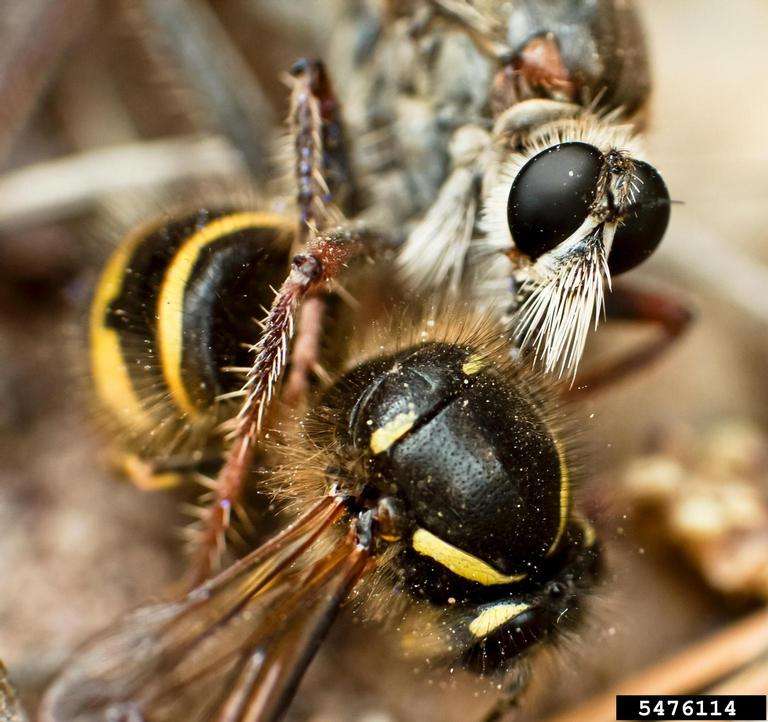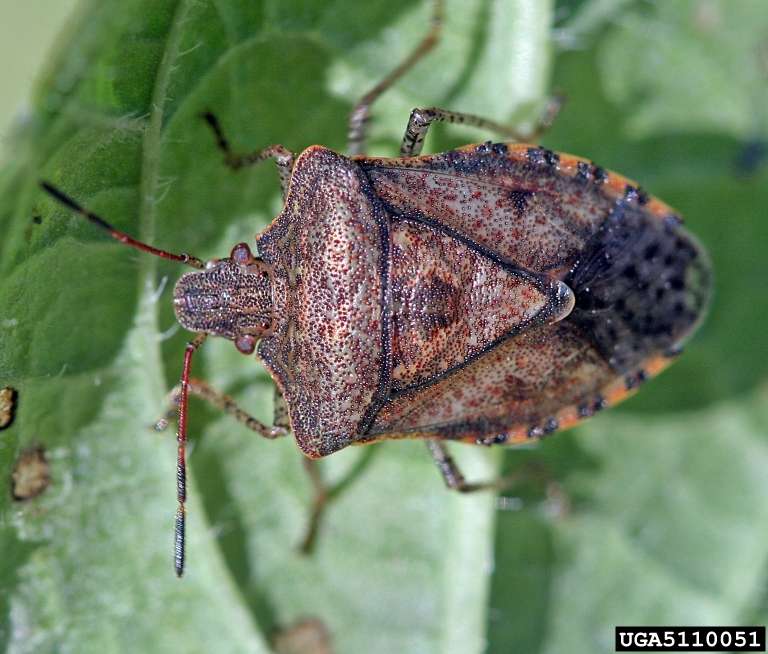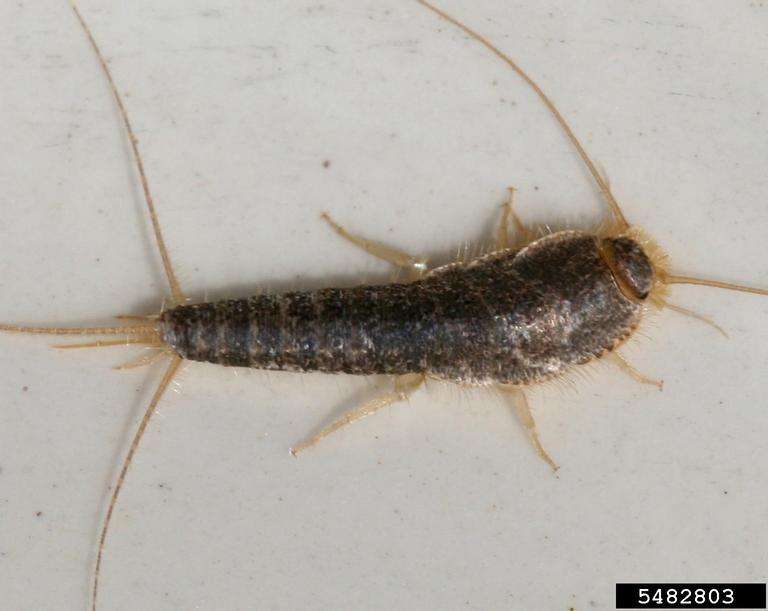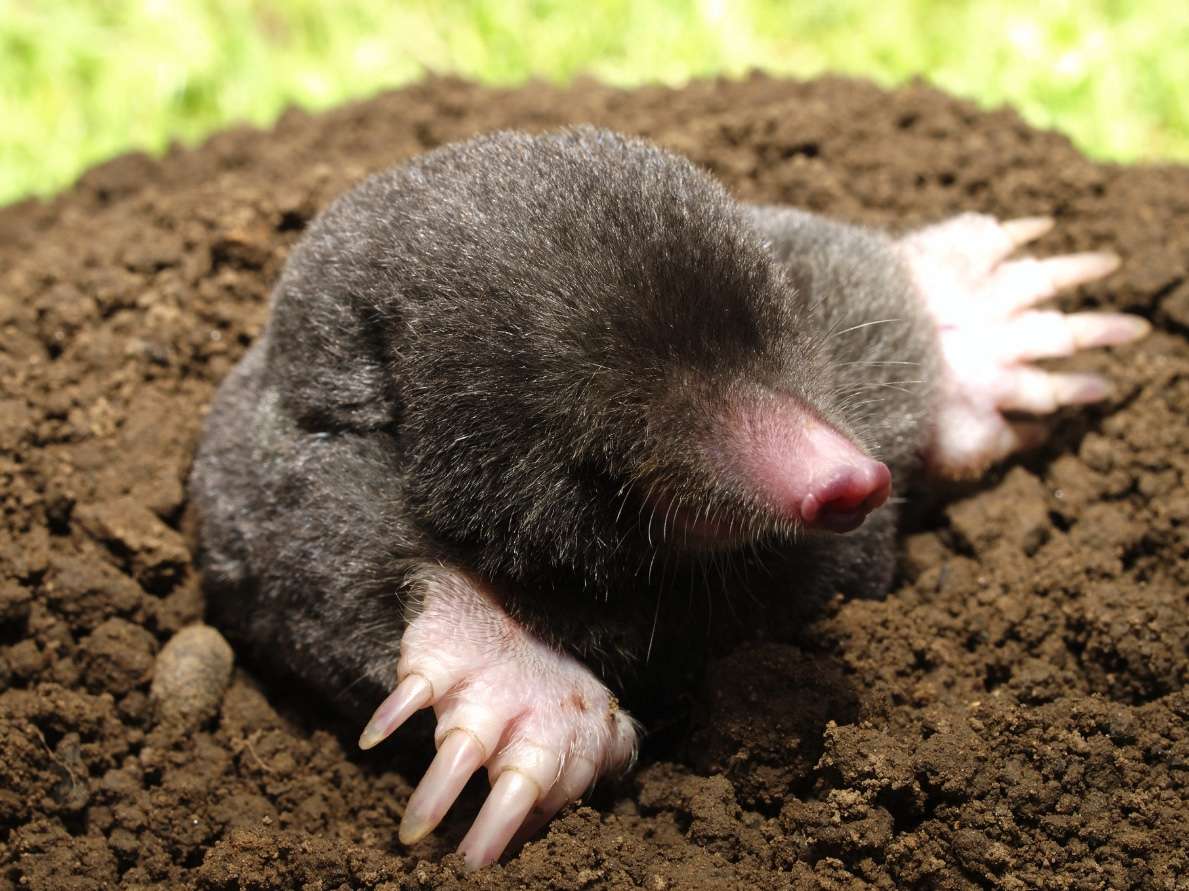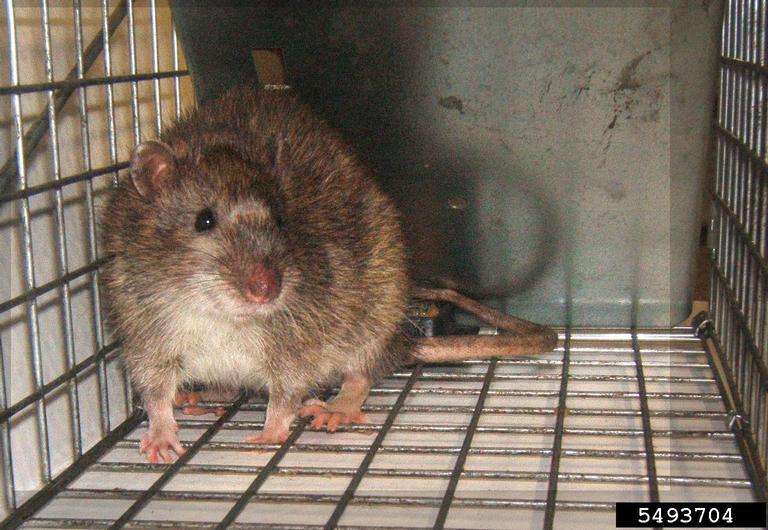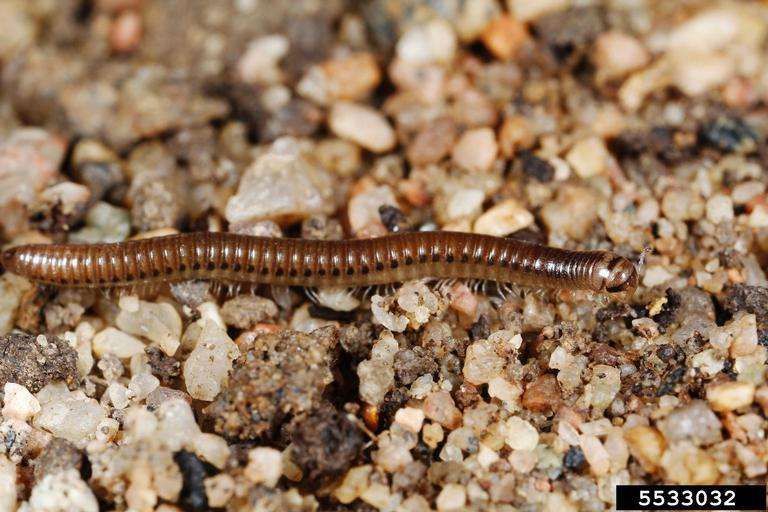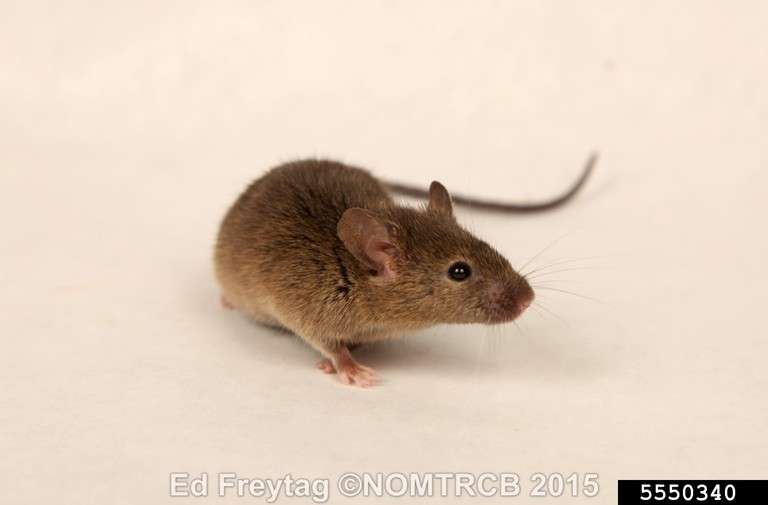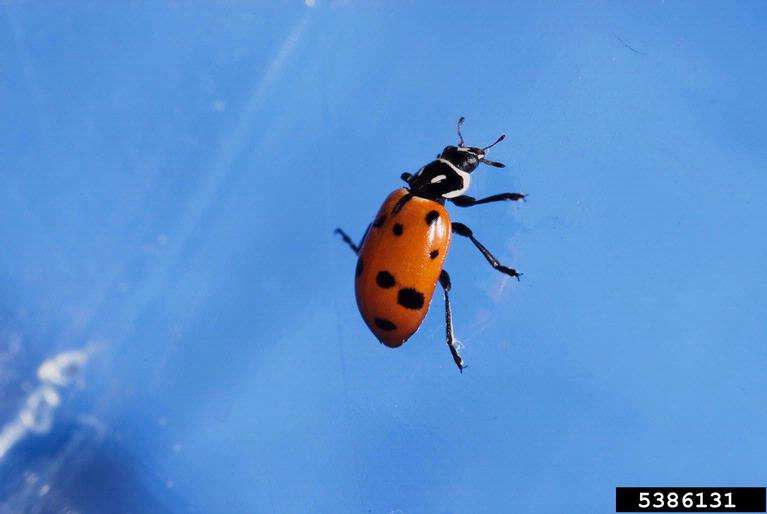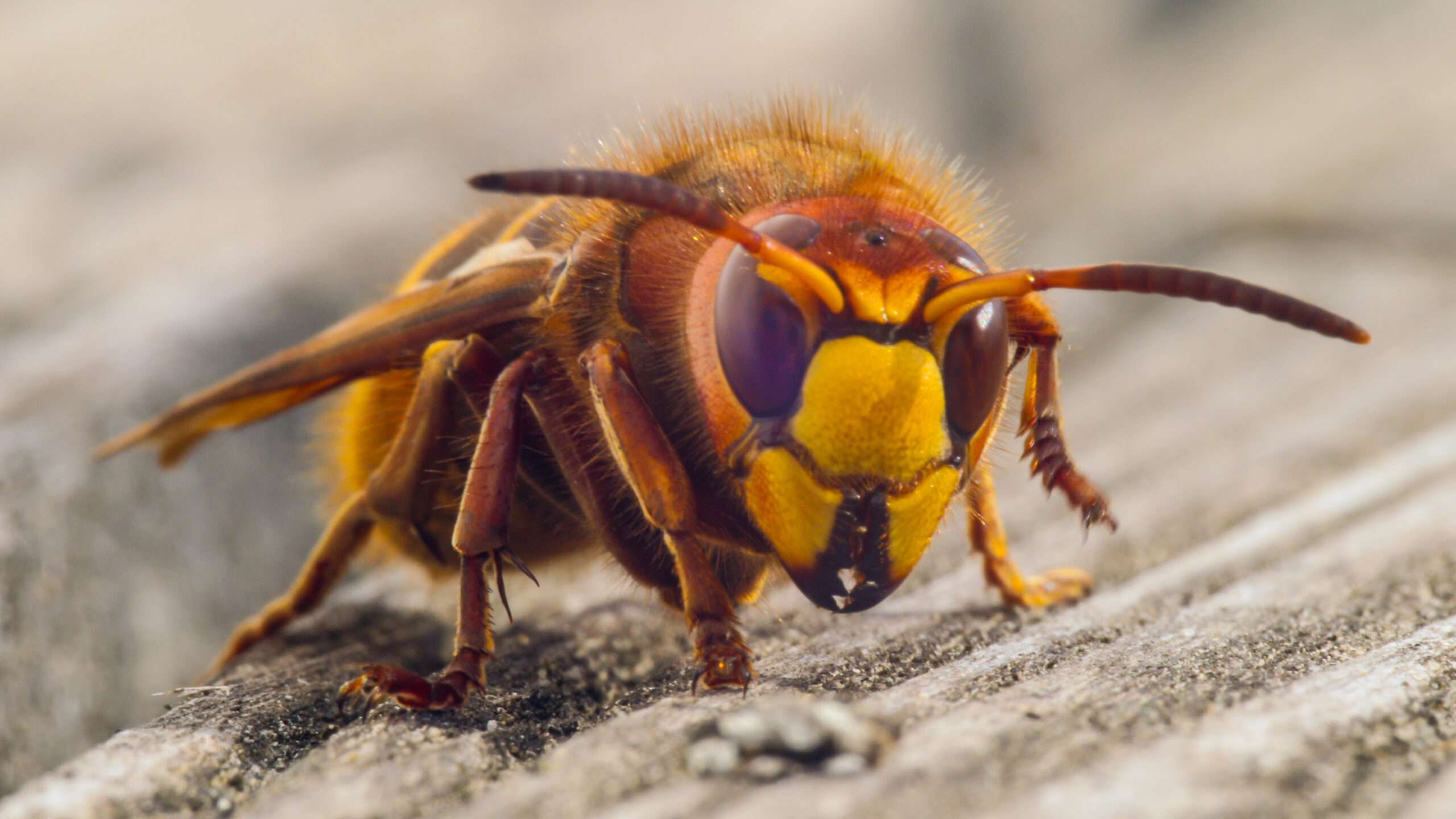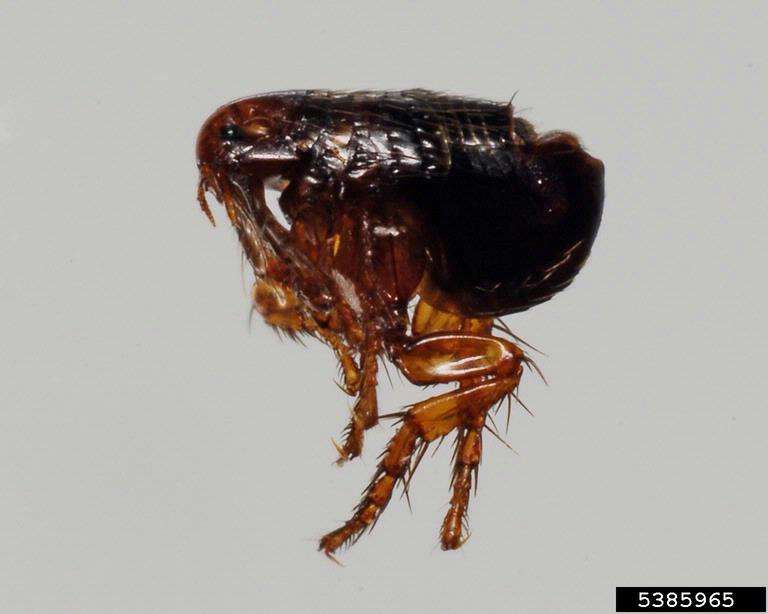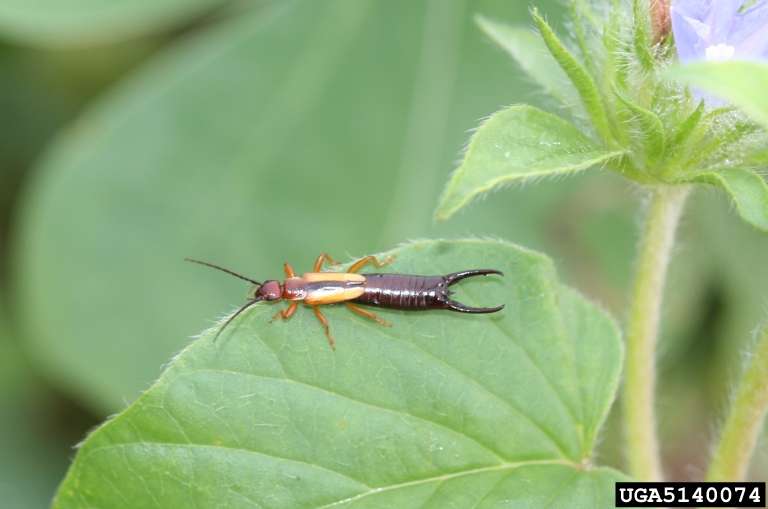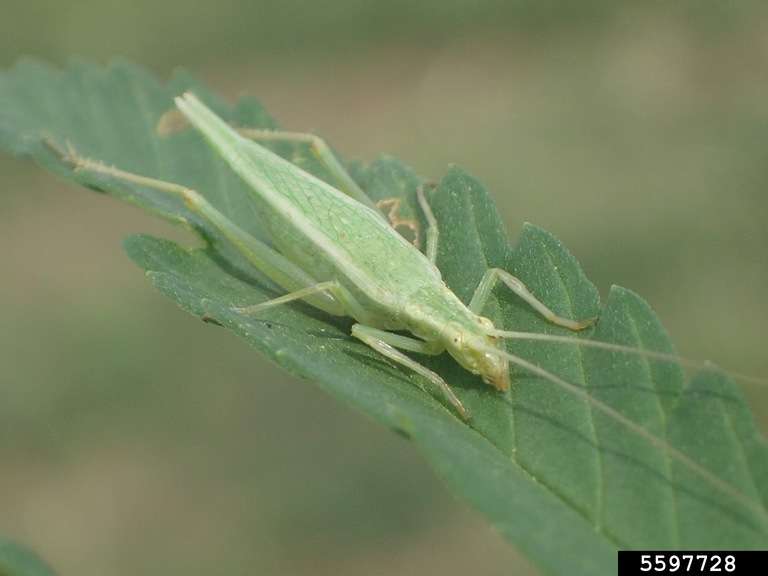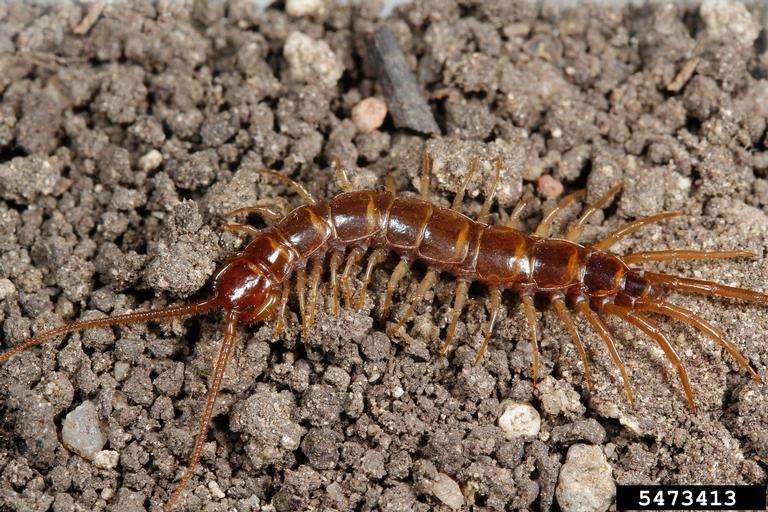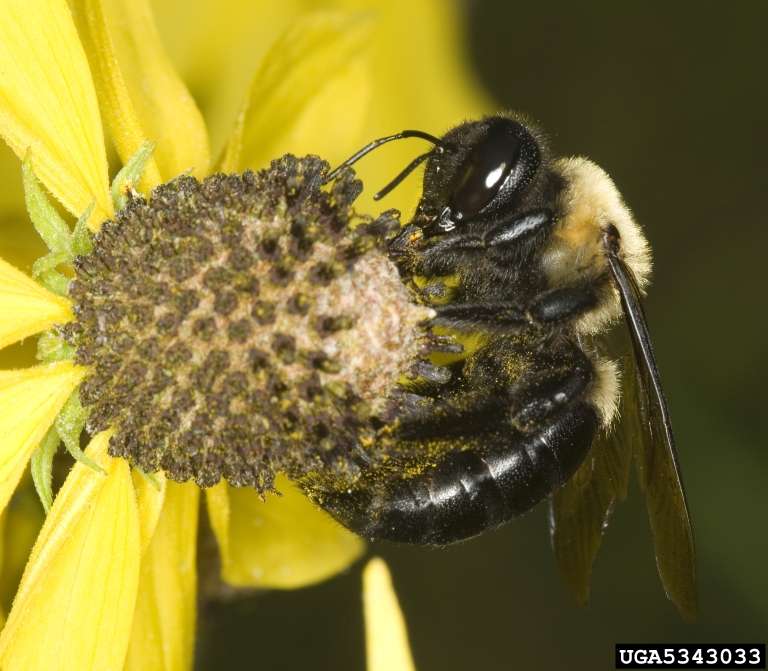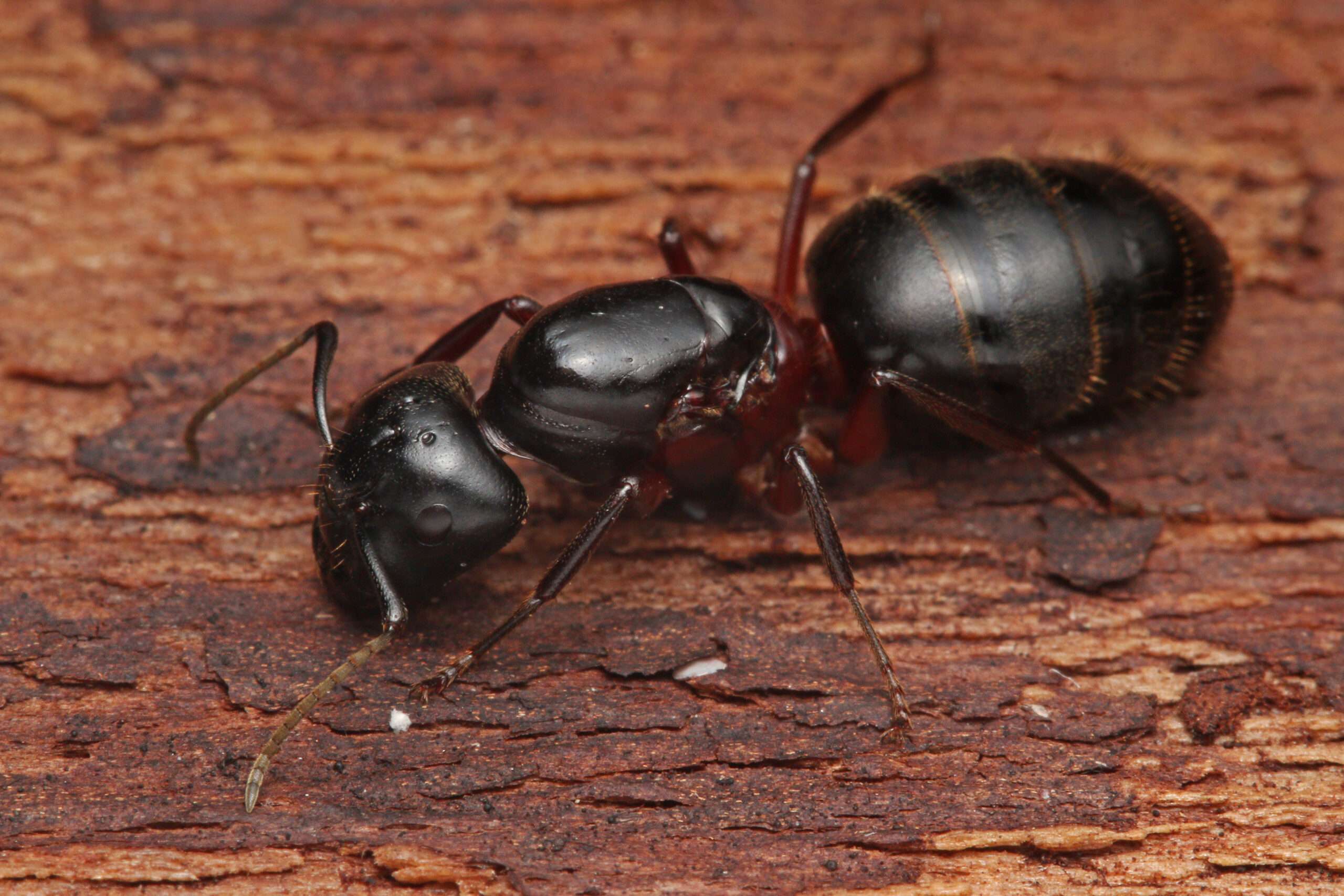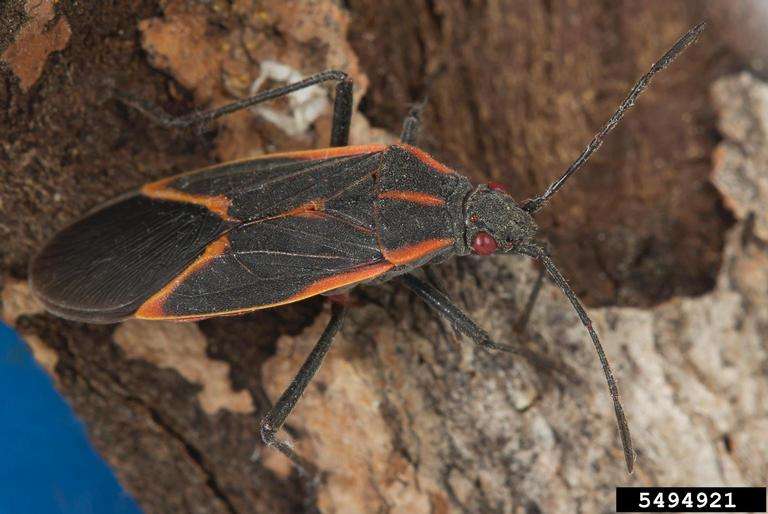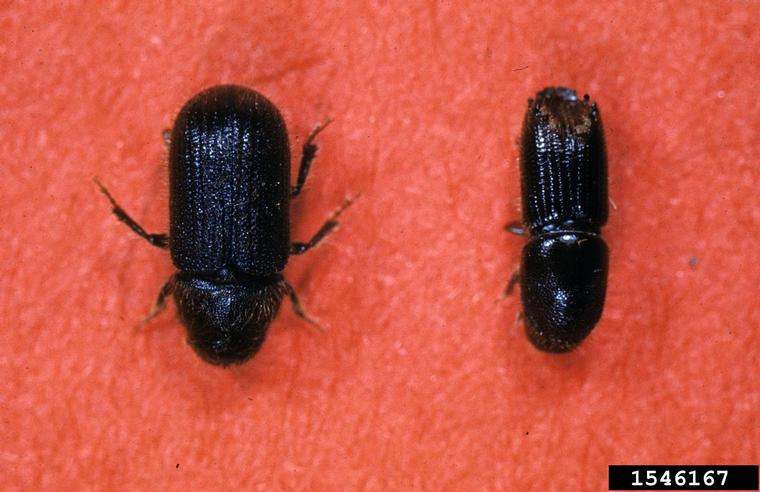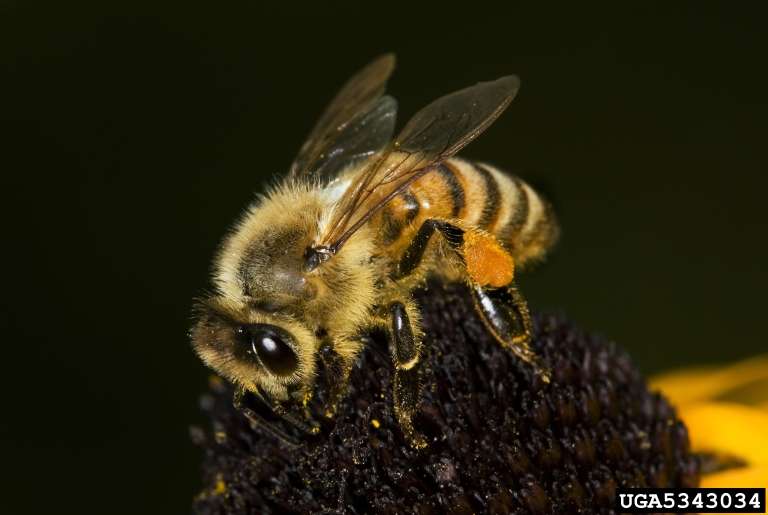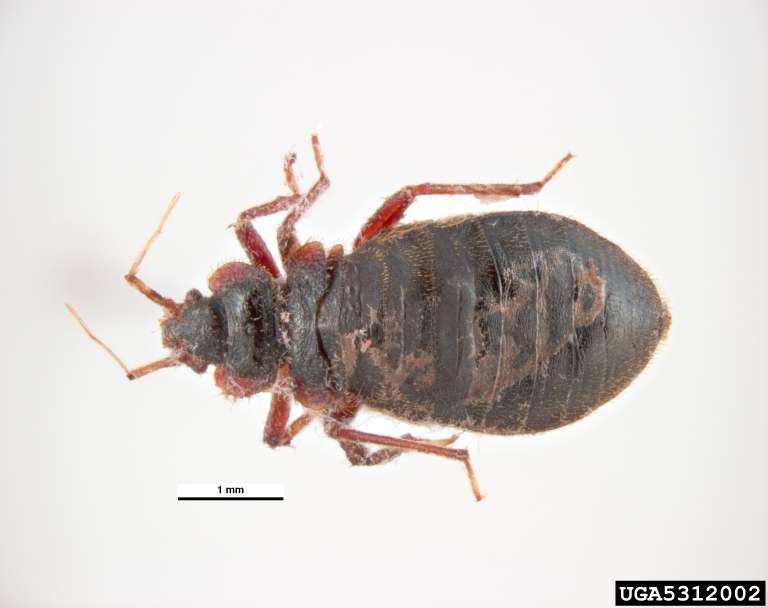Easy Exterminator Hornets Pest Control Service in Lansing area, Michigan
If you’ve ever had a hornet sting, you are aware of how painful it is. For some people, a hornet sting will just cause an inch of pain for a few days, but for others, it could be fatal. The construction of hive nests by hornets in yards and under leaves worries homeowners. Hornets are generally not hostile toward humans and are passive when they are away from their nest. The truth is that hornets only become hostile when startled or when they perceive a threat to their colony. To fully remove them from the area around your home, it is best to contact an exterminator.
For you to feel secure and at home in your own yard, Easy Exterminator wants to assist you in getting rid of hornets. Call or text now at (517) 618-1908 to get your pest problem eradicated.
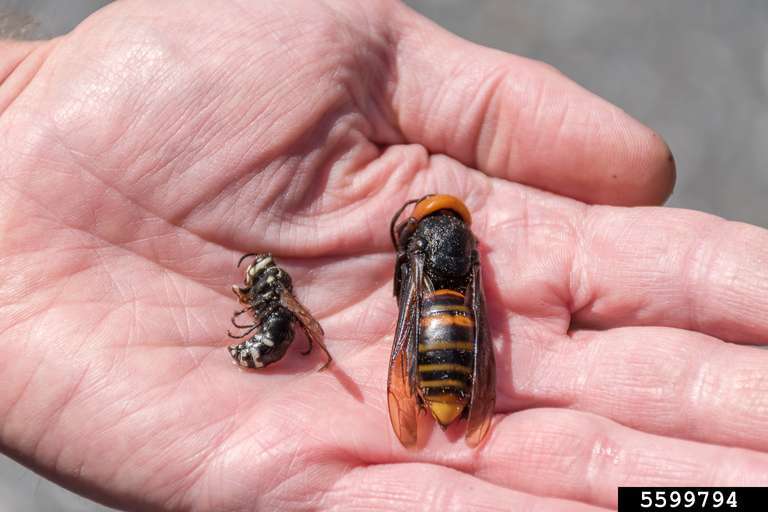
Indications that hornets are present
You may already be fully aware of your hornet problem. Here are a few of the most typical indications of a hornet infestation, though.
Flying hornets: You might encounter a flying hornet buzzing over your home, yard, or garden. Visible hornets’ nests are always actual structures constructed above ground, typically in trees or on soffits. They can be as big as a basketball or a golf ball.
Hidden Underground: Some types of hornets dig their nests underground, behind home siding, or in gutters. If you notice wasps or hornets flying into and out of particular areas on or near your property, you may have hornets or another kind.
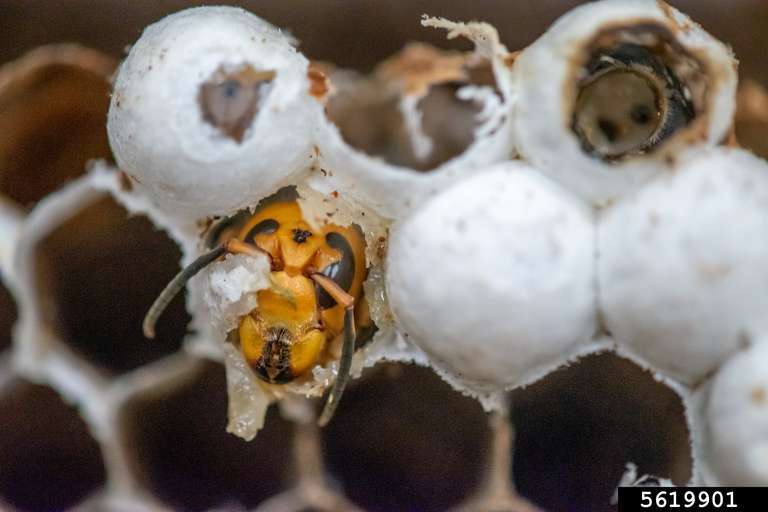
Information about hornets you should know
Hornets are a sizable, multicolored species of stinging wasp. These creatures can grow to be up to an inch long and come in the colors black, orange, dark yellow, or dark red. They are also quite aggressive and sting easily. Hornets are quite possessive and may sting you if you enter what they perceive to be their territory.
Because they primarily consume other insects, their ability to fly by can be advantageous under some circumstances. You might see less pests on your property as a result of this. Most people, though, would contend that any advantages are outweighed by the immediate threat hornets offer to you and your family. Hornets enjoy the sugar in tree sap as other wasps do, but they are also excellent in managing pest and garden populations.
Helpful hornet prevention tips
- Making or buying hornet decoys to put in areas where hornets nest is a good way to deal with them.
- Cover trash cans and food to restrict access to it.
- Verify the condition of the screens on all doors and windows.
- Food shouldn’t be left outside unattended.

How can I get rid of hornets in Lansing, Michigan?
- Contact us: Do you believe that there may be a hornet infestation in your home or on your property? For a free estimate, call or text now at (517) 618-1908 to get your pest problem eradicated.
- Schedule: We’ll arrange for one of our qualified professionals to provide timely hornet control service.
- Get service: After performing a complete evaluation of your home or property, your specialist will provide you with the most appropriate course of action.
- Obtain a report: You’ll get a thorough account of the assistance rendered, along with practical suggestions for staying pest-free.
- Follow-up: To make sure pests don’t return; we’ll conduct routine follow-ups. Simply give us a call if you notice any activity from pests, between what has been scheduled regularly. We’ll return without charge!
FAQs on hornet control
A: Hornets are incredibly resilient insects, making it challenging to keep them out of your house on your own. You don’t have to feel alone since Easy Exterminator is here. We have the equipment to keep you safe whether the hordes are nesting in your eaves and soffits, the exterior of your home, a tree, or the ground. With the help of our remedies, you may get rid of wasps and restore safety and comfort to your house.
A: Some individuals are allergic to wasp stings. They run the danger of causing a potentially fatal condition known as anaphylaxis. Most of the time, stinging insects like hornets only cause minor discomfort and swelling. Unfortunately, excessive stings may result in potentially fatal reactions. Better safe than sorry, and that is why you need to take them out before they take you out, and who better to handle it than Easy Exterminator.
A: Because their stinger is straight, hornets can sting you several times, like many other stinging insects. Honeybees, in contrast, have a barbed stinger and can only sting once before they perish.
A: Hornets are often helpful in the wild because they are a threat to other pests and insects that cause damage to property. While not all hornets are as successful at pollinating plants as native bees, some do it in a manner similar to honeybees.
A: Certain hornet species aid in pollination since they consume flour, nectar, and pollen, exactly like bees do. Nonetheless, native bees are the most productive pollinators, followed by other pollinating insects.
A: The majority of hornets exclusively consume insects and meat. Yet, certain hornet species also consume flour, nectar, and pollen.
A: A few types of hornets have the ability to produce a little amount of honey, which they regurgitate for their larva to consume. They don’t gather pollen like honeybees do, though.
A: Wasps, which are a general term for a collection of flying, venomous insects that sting repeatedly, feed on meat, and can either live alone or in May colonies. Hence, paper wasps, mud daubers, yellow jackets, and hornets are all subspecies of the generic wasp group. Bees have small wings and are all covered in hair. They can be fully black or yellow and black. Bees are not wasps. Carpenter bees and honeybees are the two most popular varieties of bees among the thousands of others. bumblebees are neither bees nor wasps, yet all bumblebees are linked to one another. They are black and yellow with big, hairy bodies and short wings. They frequently establish underground colonies.
A: A huge hornet that lives in colonies in Asia is called an Asian giant hornet. To consume the honeybee larvae, they typically kill entire colonies of honeybees at once.
A: They have yellow heads, an abdomen with either yellow and black stripes or yellow and brown stripes, and they can become up to around 2 inches long.
A: Asian giant hornets have been reported in Washington state as of December 2019. They don’t belong in the US because their natural range is primarily in eastern Asia. As a result, they are an invasive species.
A: Despite their name of “murder hornet,” Asian giant hornets are not as ferocious as killer bees but will attack you if you tamper with their nest.
A: Despite their moniker, Asian giant hornets are typically not aggressive and won’t attack people unless you handle them or pose a threat to their nest. Yet, if enough of them strike you, especially if you’re allergic to wasp stings, their sting can be fatal. Throughout the world, up to a dozen individuals pass away from these wasps each year.
A: Although there are variations in hue, size is the primary difference. Asian giant hornets have a yellow head with black or brown stripes on his belly. They are around 2 inches long. Cicada killers are typically 1.5 inches long, black, or dark brown in color, with yellow stripes along their sides, and having a dark-colored head. Cicada killers operate alone. European hornets have a length of around 3/4 to 1.5 inches. They often have brown coats with yellow stripes and light heads.
A: They are easily recognized because of how enormous the Asian giant hornet is! It is the largest species of known wasp, with worker wasps averaging roughly 1.5 to 2 inches in length. A distinctive color pattern can be seen on the Asian giant hornet. It has a totally yellow head and either yellow and black or yellow and brown stripes on its abdomen.
A: Unlike what the media has reported, these wasps don’t actually go on the rampage and kill people, despite what their name might imply.
A: These wasps unfortunately kill honeybees. A colony of 30,000 to 50,000 honeybees can be entirely wiped out in a matter of hours by a few Asian giant hornets.
A: To confirm the identity of the Asian giant hornet, don’t be afraid to contact your state department of entomology extension office.

